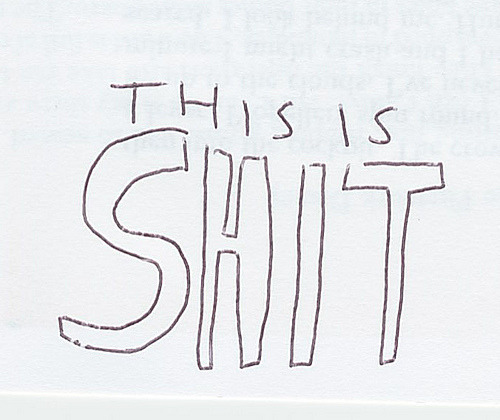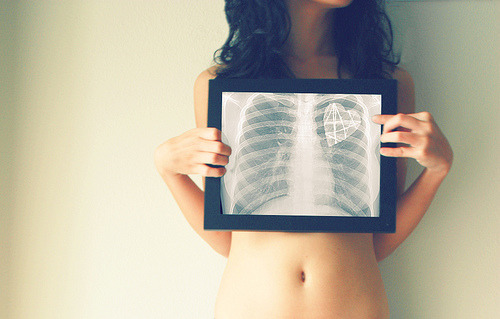
"You made me confess the fears that I have. But I will tell you also
what I do not fear. I do not fear to be alone or to be spurned for
another or to leave whatever I have to leave. And I am not afraid to
make a mistake, even a great mistake, a lifelong mistake and perhaps as
long as eternity too."
—
James Joyce
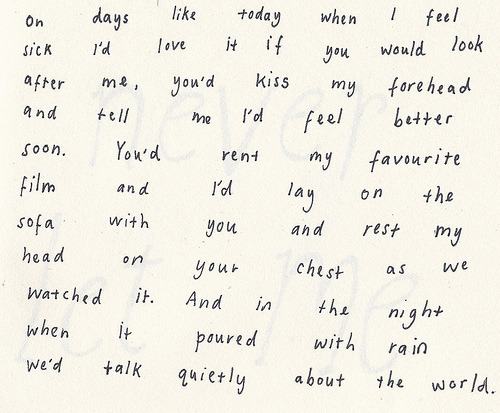
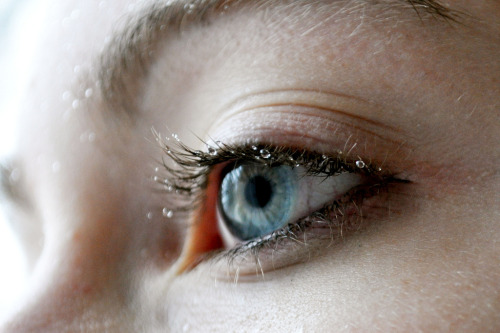

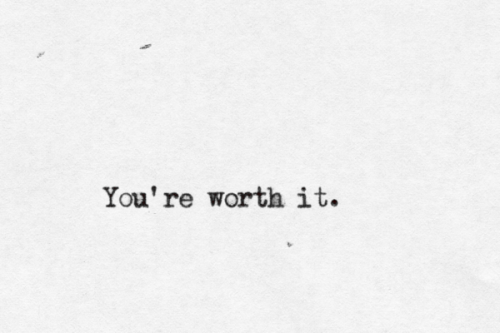


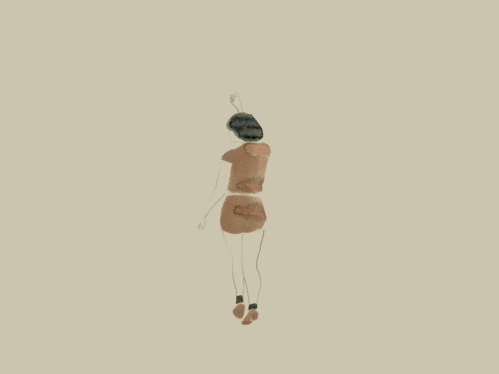












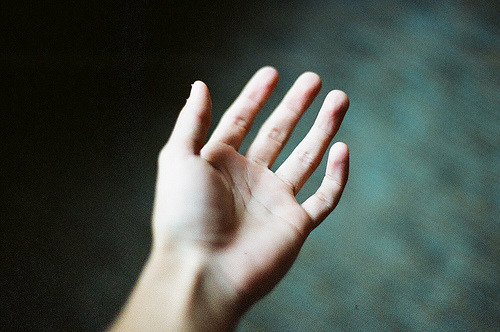




"Have a regular hours for work and play; make each day both useful and
pleasant, and prove that you understand the worth of time by employing
it well. Then youth will bring few regrets, and life will become a
beautiful success."
—
Louisa May Alcott

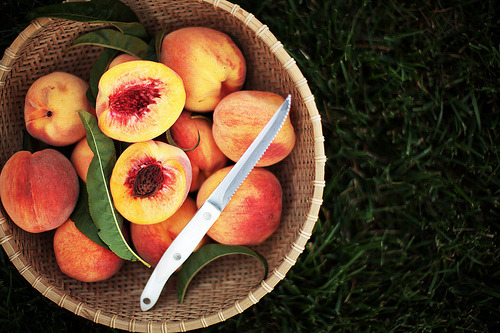
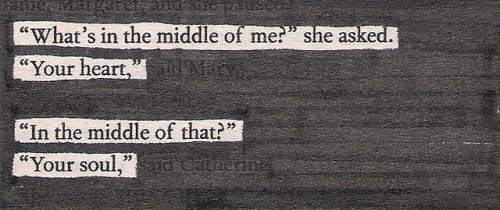
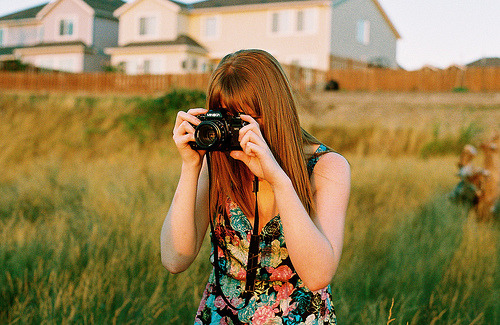
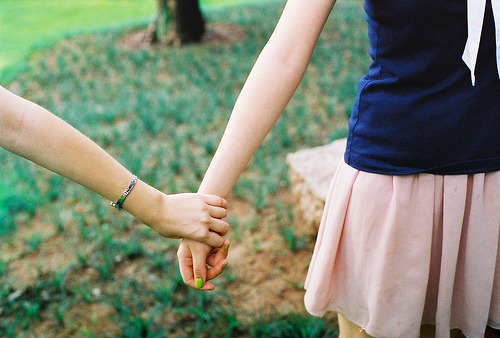

"Please believe me when I tell you that I picked up each soul that day
as if it were newly born. I even kissed a few weary, poisoned cheeks. I
listened to their last, gasping cries. Their vanishing words. I watched
their love visions and freed them from their fear."
—
Markus Zusak


"The moment in The Bell Jar when Esther Greenwood realizes after thirty
days in the same black turtleneck that she never wants to wash her hair
again, that the repeated necessity of the act is too much trouble, that
she wants to do it once and be done with it, seems like the book’s true
epiphany. You know you’ve completely descended into madness when the
matter of shampoo has ascended into philosophical heights."
—
Elizabeth Wurtzel
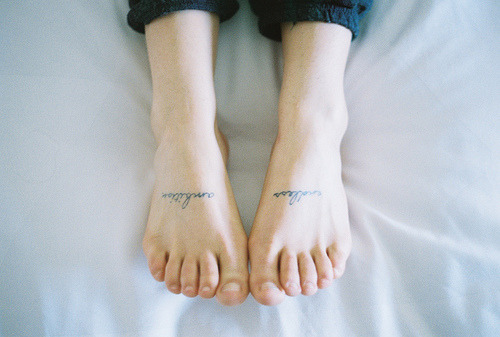



"Chronic remorse, as all the moralists are agreed, is a most
undesirable sentiment. If you have behaved badly, repent, make what
amends you can and address yourself to the task of behaving better next
time. On no account brood over your wrongdoing. Rolling in the muck is
not the best way of getting clean."
—
Aldous Huxley

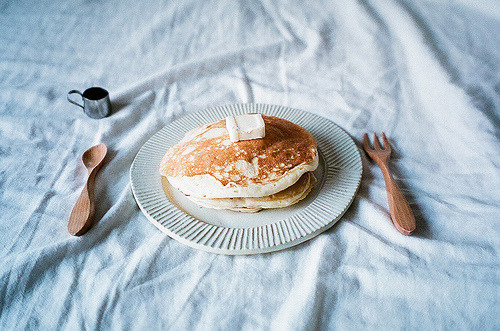
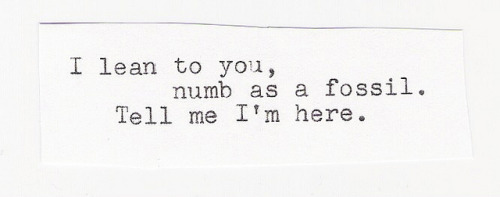

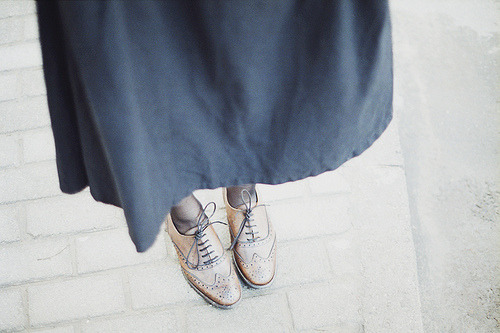
"She cast her fragrance and her radiance over me. I ought never to have
run away from her… I ought to have guessed all the affection that lay
behind her poor little stratagems. Flowers are so inconsistent! But I
was too young to know how to love her…"
—
Antoine de Saint-Exupéry

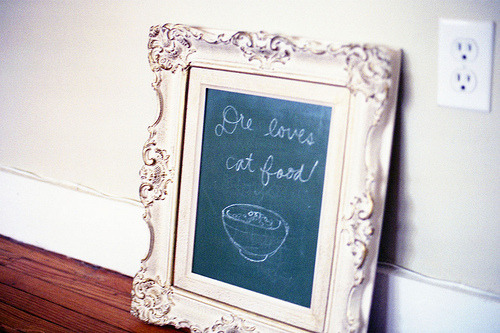
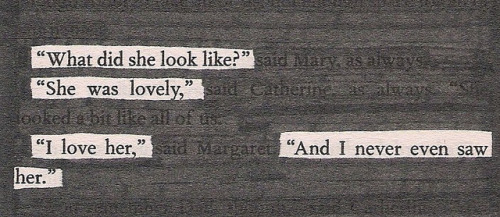
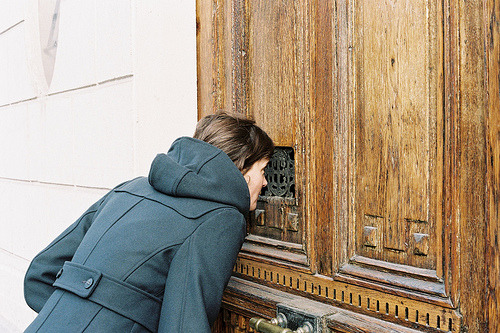

"Ironically, he’d yet to leave a good impression. First he’d spilled
soda on her, next she’d seen him almost involved in a riot, and then
this morning she’d believed him to be either lazy or an idiot."
—
Nicholas Sparks
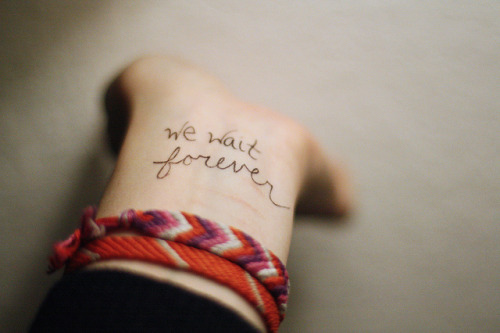

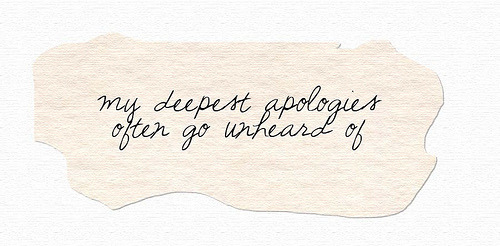


"She was wearing a pair of my pajamas with the sleeves rolled up. When
she laughed I wanted her again. A minute later she asked me if I loved
her. I told her it didn’t mean anything but that I didn’t think so. She
looked sad. But as we were fixing lunch, and for no apparent reason, she
laughed in such a way that I kissed her."
—
Albert Camus

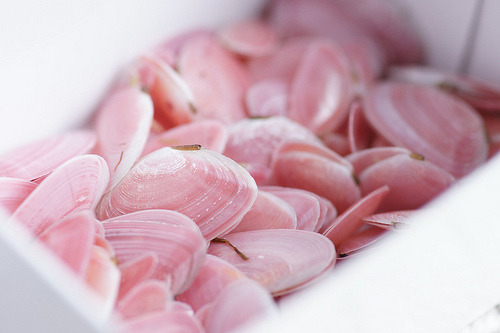


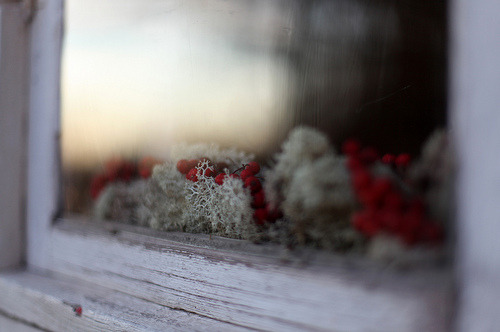
"I used to think she was quite intelligent , in my stupidity. The
reason I did was because she knew quite a lot about the theater and
plays and literature and all that stuff. If somebody knows quite a lot
about all those things, it takes you quite a while to find out whether
they’re really stupid or not."
—
J.D. Salinger, The Catcher in the Rye

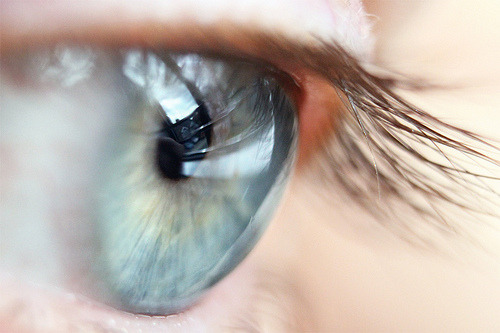
"I have come to the frightening conclusion that I am the decisive
element. It is my personal approach that creates the climate. It is my
daily mood that makes the weather. I possess tremendous power to make
life miserable or joyous. I can be a tool of torture or an instrument of
inspiration, I can humiliate or humor, hurt or heal. In all situations,
it is my response that decides whether a crisis is escalated or
de-escalated, and a person is humanized or de-humanized. If we treat
people as they are, we make them worse. If we treat people as they ought
to be, we help them become what they are capable of becoming."
—
Johann Wolfgang von Goethe


"First of all,” he said, "if you can learn a simple trick, Scout,
you’ll get along a lot better with all kinds of folks. You never really
understand a person until you consider things from his point of
view—until you climb into his skin and walk around it."
—
Harper Lee, To Kill a Mockingbird
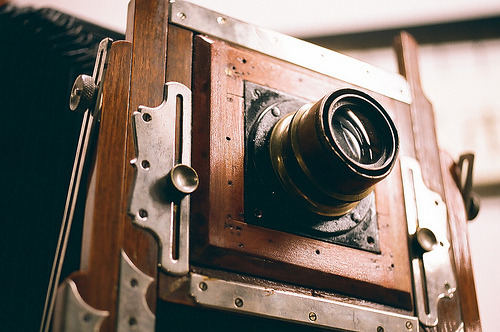
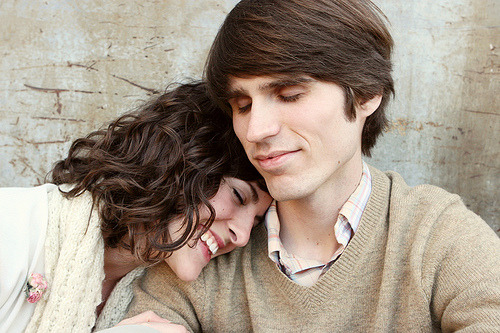
"I start to feel like I can’t maintain the facade any longer, that I
may just start to show through. And I wish I knew what was wrong. Maybe
something about how stupid my whole life is. I don’t know. Why does the
rest of the world put up with the hypocrisy, the need to put a happy
face on sorrow, the need to keep on keeping on?… I don’t know the
answer, I know only that I can’t. I don’t want any more vicissitudes, I
don’t want any more of this try, try again stuff. I just want out. I’ve
had it. I am so tired. I am twenty and I am already exhausted."
—
Elizabeth Wurtzel, Prozac Nation


"I knew, you would do me good, in some way, at some time;- I saw it in
your eyes when I first beheld you: their expression and smile did not-
(again he stopped)- did not (he proceeded hastily) strike delight to my
very inmost heart so for nothing. "
—
Charlotte Brontë, Jane Eyre

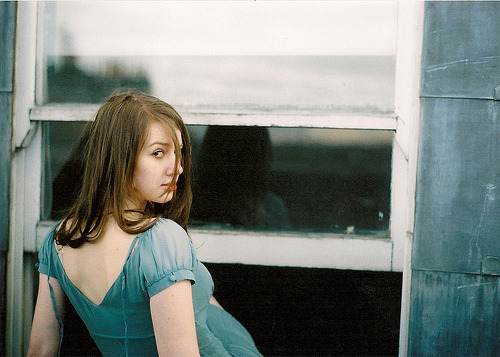
"I no longer feel allegiance to these monsters called human beings,
despise being one myself. I think that Peeta was onto something about us
destroying one another and letting some decent species take over.
Because something is significantly wrong with a creature that sacrifices
its children’s lives to settle its differences. You can spin it any way
you like…but in the end, who does it benefit? No one. The truth is, it
benefits no one to live in a world where these things happen."
—
Suzanne Collins, Mockingjay

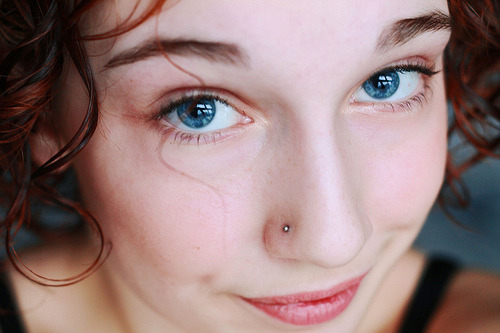
"Perhaps, when we remember wars, we should take off our clothes and
paint ourselves blue and go on all fours all day long and grunt like
pigs. That would surely be more appropriate than noble oratory and shows
of flags and well-oiled guns."
—
Kurt Vonnegut, Cat’s Cradle
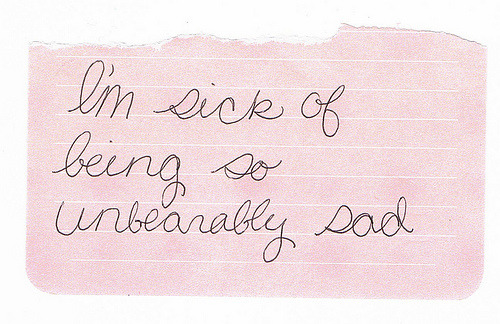

"The answer is never the answer. What’s really interesting is the
mystery. If you seek the mystery instead of the answer, you’ll always be
seeking. I’ve never seen anybody really find the answer. They think
they have, so they stop thinking. But the job is to seek mystery, evoke
mystery, plant a garden in which strange plants grow and mysteries
bloom. The need for mystery is greater than the need for an answer."
—
Ken Kesey

"Sometimes I have the strangest feeling about you. Especially when you
are near me as you are now. It feels as though I had a string tied here
under my left rib where my heart is, tightly knotted to you in a similar
fashion. And when you go to Ireland, with all that distance between us,
I am afraid that this cord will be snapped, and I shall bleed
inwardly."
—
Charlotte Brontë

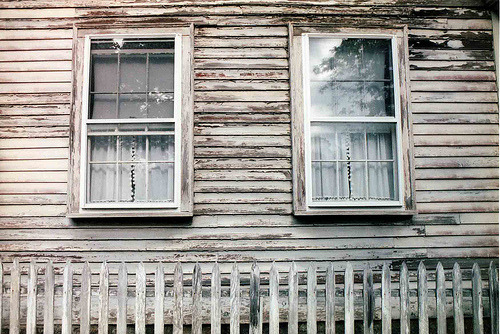
"Before I go on with this short history, let me make a general
observation– the test of a first-rate intelligence is the ability to
hold two opposed ideas in the mind at the same time, and still retain
the ability to function. One should, for example, be able to see that
things are hopeless and yet be determined to make them otherwise. This
philosophy fitted on to my early adult life, when I saw the improbable,
the implausible, often the "impossible,” come true."
—
F. Scott Fitzgerald

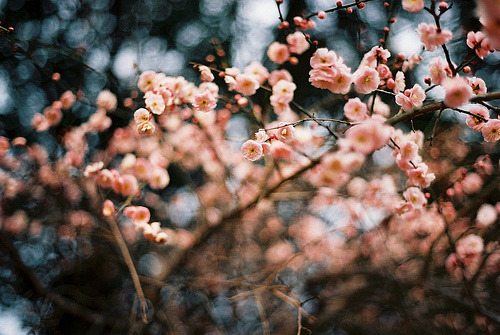
"And the scariest part is that if you ask anyone in the throes of
depression how he got there, to pin down the turning point, he’ll never
know. There is a classic moment in The Sun Also Rises when someone asks
Mike Campbell how he went bankrupt, and all he can say in response is,
‘Gradually and then suddenly.’ When someone asks how I love my mind,
that is all I can say too."
—
Elizabeth Wurtzel, Prozac Nation

"Pick a man, any man. Every guy I fall for becomes Jesus Christ within
the first twenty-four hours of our relationship. I know that this
happens, I see it happening, I even feel myself, sometimes, standing at
some temporal crossroads, some distinct moment at which I can walk away
and keep it from happening, but I never do. I grab at everything, I end
up with nothing, and then I feel bereft. I mourn for the loss of
something I never even had."
—
Elizabeth Wurtzel, Prozac Nation
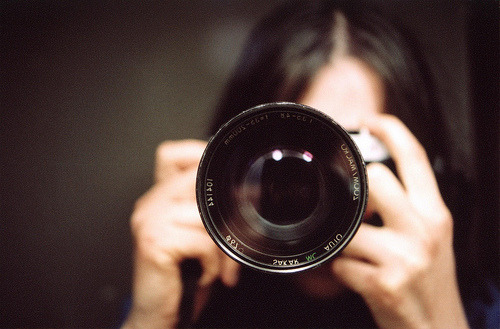

"I think we ought to read only the kind of books that wound or stab us.
If the book we’re reading doesn’t wake us up with a blow to the head,
what are we reading for? So that it will make us happy, as you write?
Good Lord, we would be happy precisely if we had no books, and the kind
of books that make us happy are the kind we could write ourselves if we
had to. But we need books that affect us like a disaster, that grieve us
deeply, like the death of someone we loved more than ourselves, like
being banished into forests far from everyone, like a suicide. A book
must be the axe for the frozen sea within us. That is my belief."
—
Franz Kafka



"But his arms are there to comfort me, and eventually his lips. On the
night I feel that thing again, the hunger that overtook me on the beach,
I know this would have happened anyway. That what I need to survive is
not Gale’s fire, kindled with rage and hatred. I have plenty of fire
myself. What I need is the dandelion in the spring. The bright yellow
that means rebirth instead of destruction. The promise that life can go
on, no matter how bad our losses. That it can be good again. And only
Peeta can give me that. So after, when he whispers, "You love me. Real
or not real?” I tell him "Real."
—
Suzanne Collins, Mockingjay
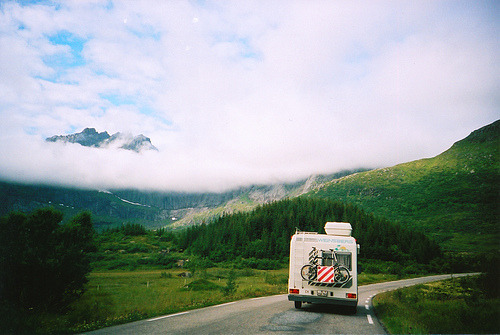

"Later she remembered all the hours of the afternoon as happy — one of
those uneventful times that seem at the moment only a link between past
and future pleasure, but turn out to have been the pleasure itself."
—
F. Scott Fitzgerald, Tender Is the Night
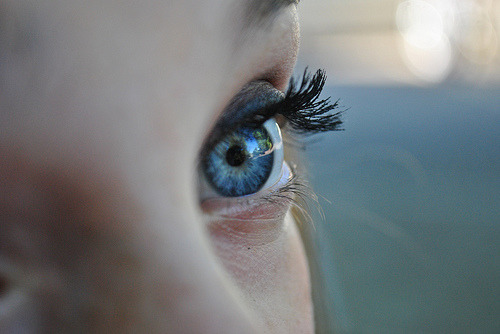

"Whenever I talk to anyone I care about, I am always seeking approval.
There is always a pleading lilt in my voice that demands love. Even the
people I work with, the ones I am supposed to have a professional
relationship with, all business, get pulled into my need. I can’t help
it. I want to be adored."
—
Elizabeth Wurtzel, Prozac Nation

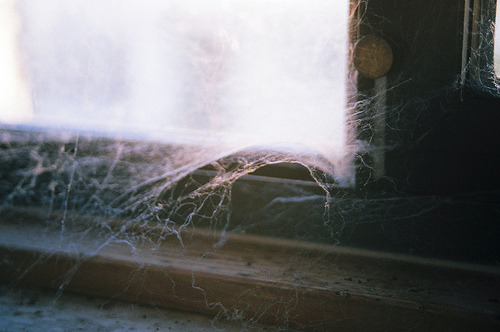
"No woman was ever nearer to her mate than I am: ever more absolutely
bone of his bone and flesh of his flesh. I know no weariness of my
Edward’s society: he knows none of mine, any more than we each do the
pulsation of the heart that beats in our separate bosoms; consequently,
we are ever together."
—
Charlotte Brontë, Jane Eyre

"I want to give a really BAD party. I mean it. I want to give a party
where there’s a brawl and seductions and people going home with their
feelings hurt and women passed out in the cabinet de toilette. You wait
and see."
—
F. Scott Fitzgerald, Tender Is the Night


"It has made me better loving you…it has made me wiser, and easier, and
brighter. I used to want a great many things before, and to be angry
that I did not have them. Theoretically, I was satisfied. I flattered
myself that I had limited my wants. But I was subject to irritation; I
used to have morbid sterile hateful fits of hunger, of desire. Now I
really am satisfied, because I can’t think of anything better. It’s just
as when one has been trying to spell out a book in the twilight, and
suddenly the lamp comes in. I had been putting out my eyes over the book
of life, and finding nothing to reward me for my pains; but now that I
can read it properly I see that it’s a delightful story."
—
Henry James, The Portrait of a Lady
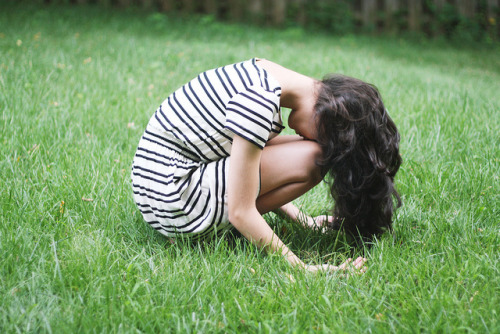
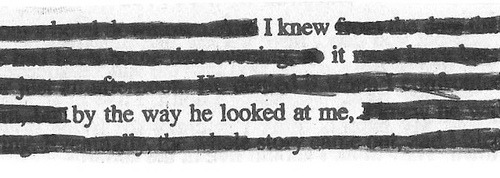
"They were within twenty yards of each other, and so abrupt was his
appearance, that it was impossible to avoid his sight. Their eyes
instantly met, and the cheeks of each were overspread with the deepest
blush. He absolutely started, and for a moment seemed immoveable from
surprise; but shortly recovering himself, advanced towards the party,
and spoke to Elizabeth, if not in terms of perfect composure, at least
of perfect civility."
—
Jane Austen, Pride and Prejudice


"And how do you know that you’re mad? "To begin with,” said the Cat, "a
dog’s not mad. You grant that?” I suppose so, said Alice. "Well then,”
the Cat went on, "you see a dog growls when it’s angry, and wags it’s
tale when it’s pleased. Now I growl when I’m pleased, and wag my tail
when I’m angry. Therefore I’m mad."
—
Lewis Carroll, Alice’s Adventures in Wonderland


"I won’t tell you that the world matters nothing, or the world’s voice,
or the voice of society. They matter a good deal. They matter far too
much. But there are moments when one has to choose between living one’s
own life, fully, entirely, completely—or dragging out some false,
shallow, degrading existence that the world in its hypocrisy demands.
You have that moment now. Choose!"
—
Oscar Wilde
